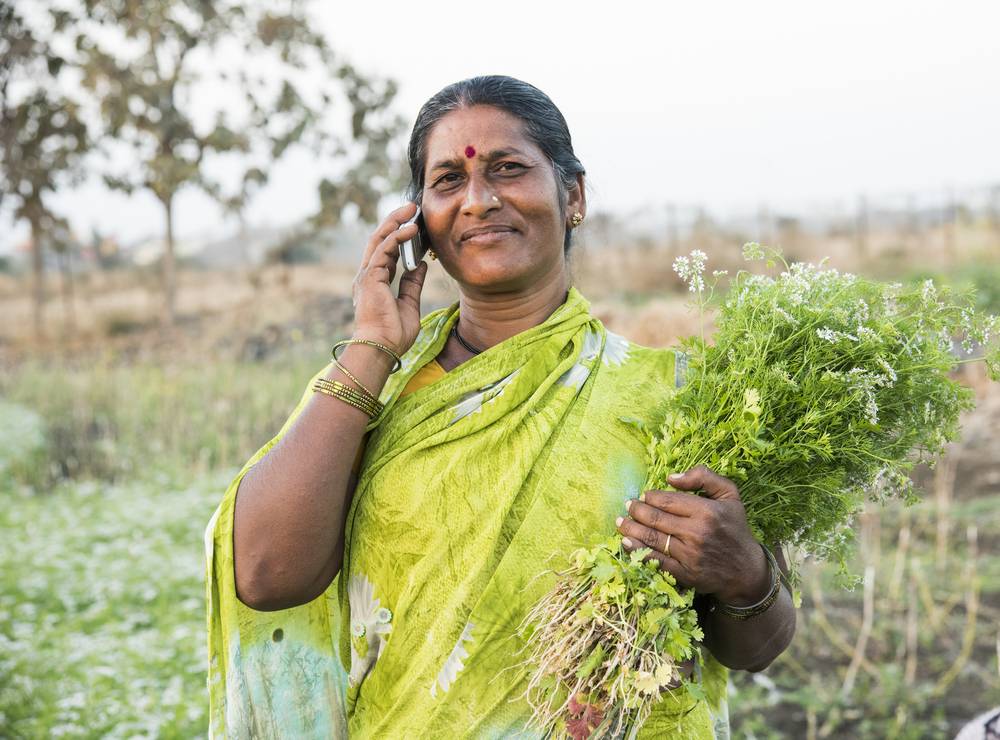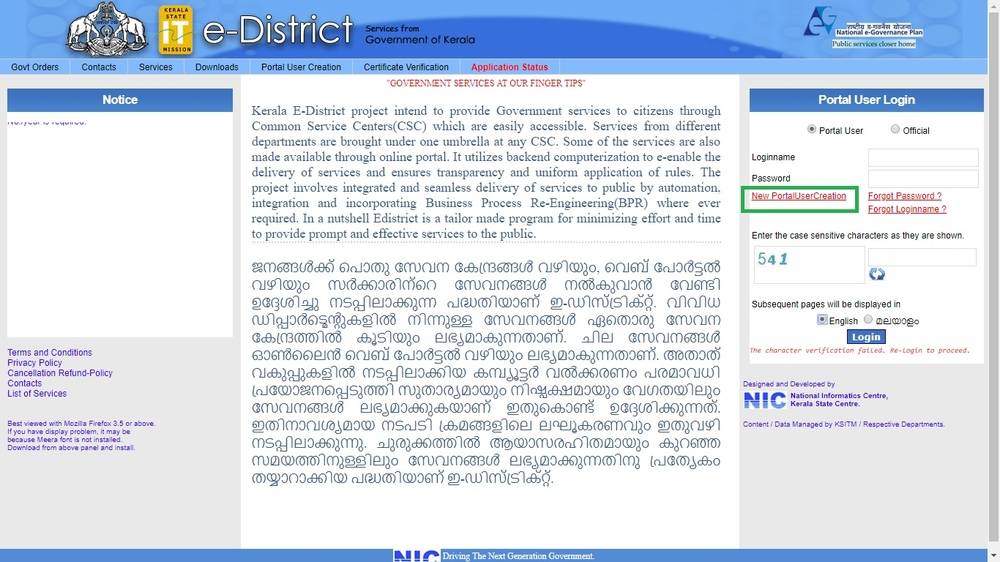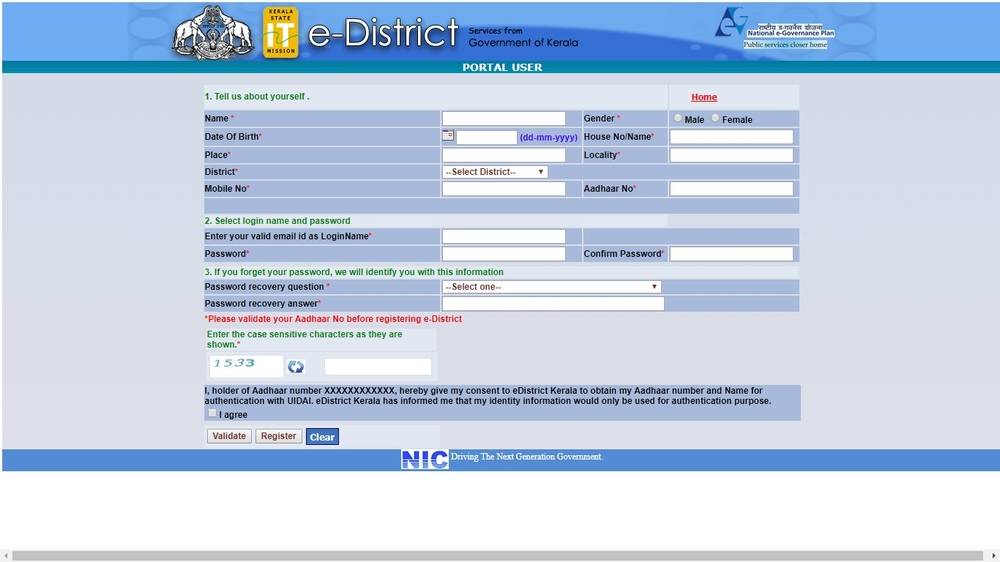 Updated on: November 15th, 2024 5:48 PM
Updated on: November 15th, 2024 5:48 PM
Kerala Caste Certificate
Caste certificate is a legal document that defines the ethnic group a person belongs to in India. Cast certificates are used in the reservation system that allows certain backward sections of people to come up the social ladder by providing them with an advantage in employment and education. In this article, we look at the procedure for obtaining the Caste Certificate in Kerala.Caste Certificate
Indian Constitution augurs for issuance of a certificate, and it is mainly focussed for persons from the 'Scheduled Castes' and seek to obtain one. The Indian Government indeed augur for the promotion of Scheduled Castes and Tribes for that they are most often encouraged through facilitating specific opportunities including the issuance of such certificates to avail the privileges. It is aimed at helping them grow in the same manner general citizens do.Benefits of Obtaining Caste Certificate
As stated above, caste certificates mainly help those who belong to Scheduled Castes or Tribes or Other Backward Classes in availing the following benefits:- Reservation of seats in the legislatures
- Reservation in Government service
- Waiving off a part or the whole of the fees for admission to schools and colleges
- Quotas in educational institutions
- Relaxation of upper age limits for applying to specific jobs
- Scholarships
- Government subsidies
- Government schemes
Documents Required
The following are a list of documents necessary for obtaining caste certificate in Kerala:- Application form (For apply through Akshaya centres)
- S.C, S.T or O.B.C caste proof of their father, brother, sister or any blood relatives
- Photograph
- Income certificate
- Age proof (pan card, school certificate, birth certificate)
- Address proof (passport, voter card, ration card, electricity bill, water bill, telephone bill)
- Aadhaar Card, Mobile Number, Email ID is mandatory for e-District portal registration.
Fee for Caste Certificate
In case of application through an Akshaya centre, a fee of Rs. 18 (Akshaya service charge) + Rs. 7 (Govt. Service charge) + Rs. 3 per page for scanning or printing will be applicable. SC or ST families will have to pay a fee of Rs. 10 + Rs. 2 per page for scanning or printing. Below Poverty Line families would have to pay Rs. 20 for caste certificate. In case of an online application, Rs. 15 is the payment amount in Kerala.Applying for Caste Certificate
If any person is applying through an Akshaya Centre, submit an application for caste or community certificate with an application fee. They will give a receipt with the application number. The applicant will get SMS to mobile phones regarding the progress of the application. Once they get "certificate issued" SMS on the given mobile number, visit the Akshaya centre and print the certificates.Apply Online
Follow the steps below to apply for caste certificate online in Kerala Step 1: Go to the e-District Kerala website. Image 1 Caste Certificate Kerala
Step 2: Register on this website e-district website by clicking on Portal user registration.
Image 1 Caste Certificate Kerala
Step 2: Register on this website e-district website by clicking on Portal user registration.
 Image 2 Caste Certificate Kerala
Step 3: The page will redirect to the next page. Enter the details; Select the login name and password. The applicant has to select the password recovery question and answer for this.
Step 4: Enter the shown case sensitive characters. Click on validate and register.
Step 5: Now, the applicant can log in into the portal using the username and password.
Image 2 Caste Certificate Kerala
Step 3: The page will redirect to the next page. Enter the details; Select the login name and password. The applicant has to select the password recovery question and answer for this.
Step 4: Enter the shown case sensitive characters. Click on validate and register.
Step 5: Now, the applicant can log in into the portal using the username and password.
One Time Registration
To avail certificate services in edistrict Kerala, the applicant has to do a one-time registration. Step 6: This can be done by clicking the menu 'one-time registration' after status on "transaction history" on the left tab. After receiving a "certificate issued" SMS on the mobile number login into eDistrict and take a print out. After filling all the details. Click the duplicate button. This will find out if the applicant has already registered through Akshaya Centers or so and enable them to pick details. After a successful duplicate check, the 'submit' button will be allowed. Step 7: Click the submit button to register. The 'Edit Registration' option lets the applicant edit the registered details. Step 8: Click Applicant registration the link will go to the next page. Click on duplicate; the system will automatically check the duplicate application. Click on "Submit". Step 9: Once the applicant has registered the application, click on "apply for certificate" and then click on get started. Applying online is a 3 stage process- Fill in application details
- Upload supporting documents
- Make payment and generate acknowledgement (receipt)
Application Detail Section
Step 10: Enter eDistrict register number and select certificate type (Caste certificate). Select the certificate purpose. Step 11: Religion Category Caste to be entered. Step 12: Enter the applicant name and select self from relationship drop-down menu. Step 13: Click on Save. Then the applicant will be led to the "attach document" section.Attachment Section
Step 14: Upload certificates like Ration card, Affidavit, Caste certificate of relation, School Certificate, Adhaar card. Note: Attach PDF documents only. Full size of maximum 100KB per page will be allowed. Step 15: Once the applicant has uploaded all the documents, they can make payment. Go through this detail and click on payment.- Registration number
- Certificate type
- The total amount for payment
Payment Section
Step 16: The applicant can pay the fee by Net banking, Debit card payment, Credit card payment, Cash-card prepaid, wallets or IMPS. Step 17: When the applicant makes a successful payment, they will be redirected to the receipt page. They can take a print out of this receipt and application.Download Certificate
Step 18: The applicant can check the status of "transaction history" on the left tab. After receiving a "certificate issued" SMS on the mobile number login into eDistrict and take a print out.Popular Post

In the digital age, the convenience of accessing important documents online has become a necessity...

The Atalji Janasnehi Kendra Project that has been launched by the Government of Karnataka...

The Indian Divorce Act governs divorce among the Christian couples in India. Divorce...

When an individual has more than a single PAN card, it may lead to that person being heavily penalised, or worse,...

Employees Provident Fund (PF) is social security and savings scheme for employee in India. Employers engaged...


